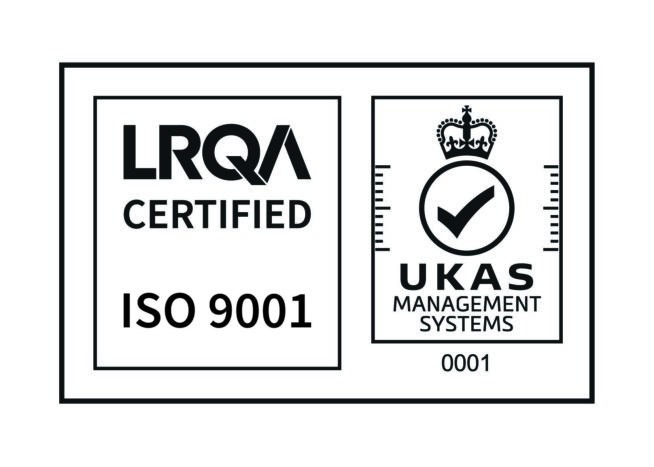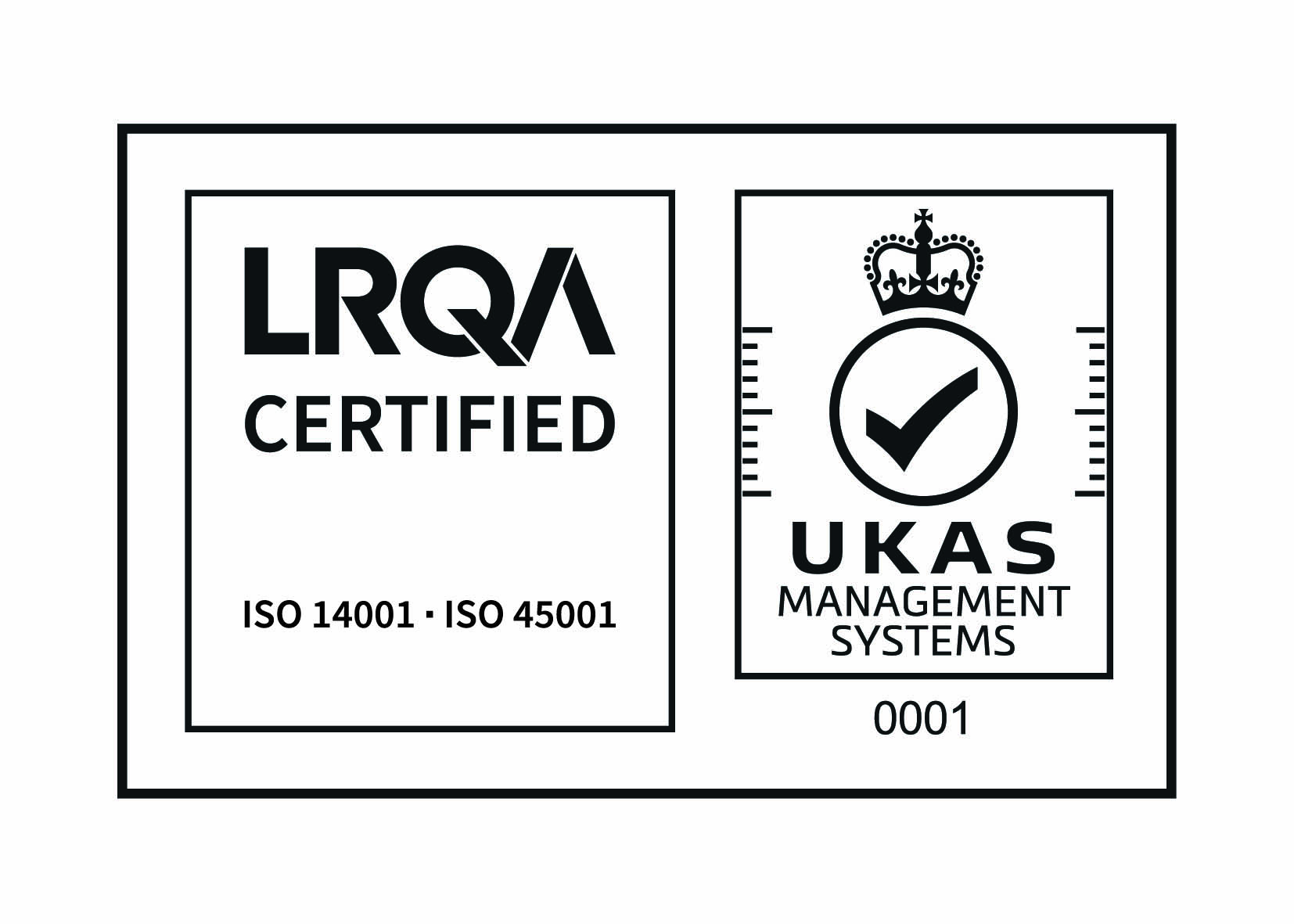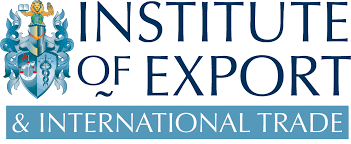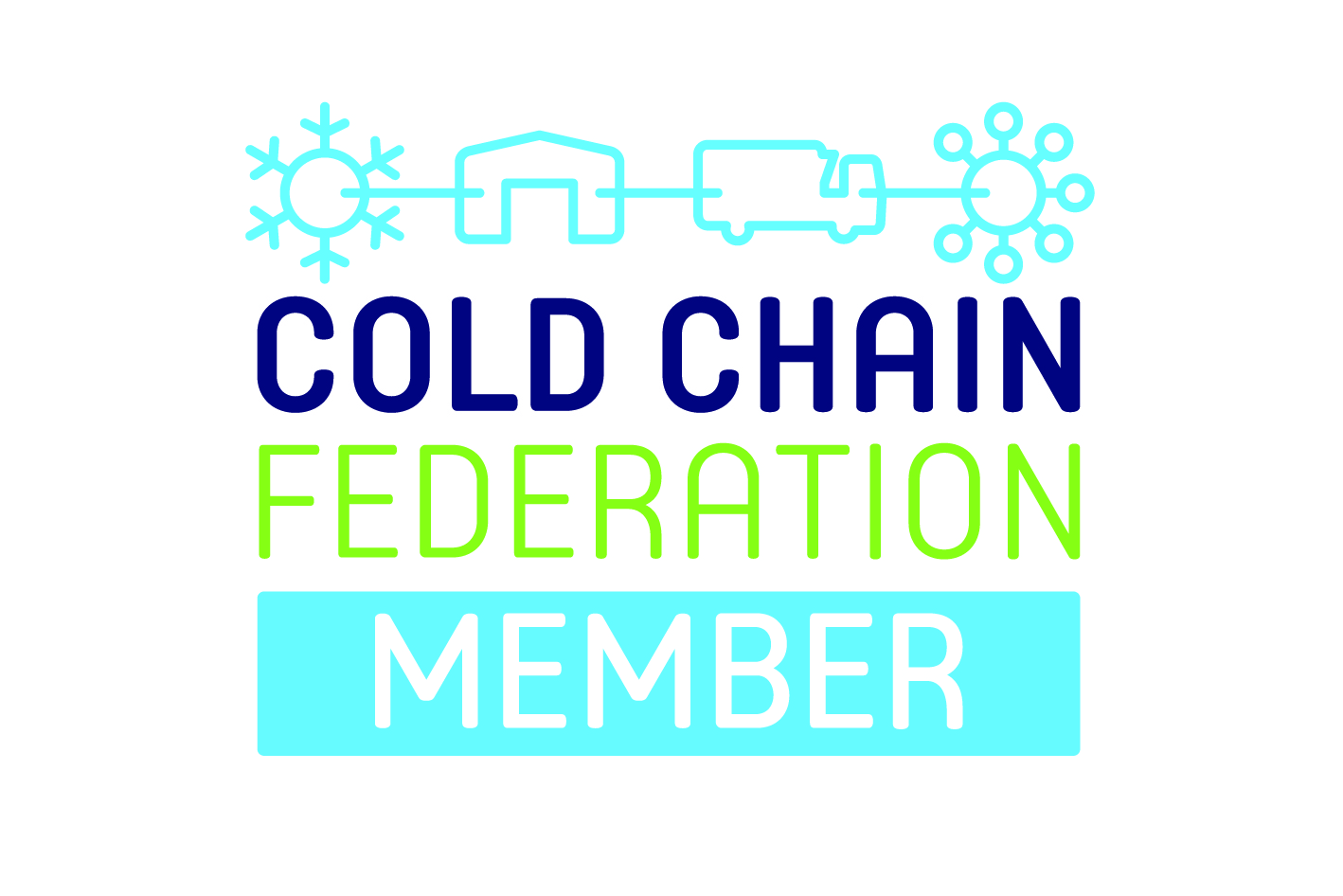5 ways to achieve reliability in the pharmaceutical supply chain

Achieving reliability in the pharmaceutical supply chain hinges on mastering five critical aspects in order to safeguard product quality, safety, and availability. We explore these key factors that underpin steadfast pharmaceutical shipping.
1. Temperature Control
Temperature controlled containers are the backbone to the pharmaceutical supply chain, facilitating the global movement of goods that require stringent temperature regulation.
Manufacturers require a container robust enough to safeguard its contents, and eliminate breakage, throughout the various pressures faced during international freight. Such a container needs to effectively regulate temperature, minimise (or remove entirely) the need for manual intervention, and prevent excursions that might compromise the efficacy of the cargo. And finally, an optimal packaging-to-payload ratio is required, adhering to transport safety regulations. Advanced passive temperature-controlled containers play a vital role in these efforts, offering a reliable means to protect shipments from physical damage or temperature excursions, without the need for a power source or any manual intervention.
2. Globalisation and Regulatory Compliance
Logistics providers are crucial in navigating pharmaceutical regulations aimed at safeguarding public health. Compliance with guidelines covering drug development, manufacturing, labelling, and more are all vital for international pharmaceutical distributors.
Good Distribution Practice (GDP) training is a key part of maintaining pharmaceutical quality and integrity across the supply chain. In an evolving pharmaceutical cold chain market, effective planning for new products like personalised medicines and clinical trials is essential. Keeping abreast of regulations, implementing quality controls, and embracing training all contribute towards making sure that logistics providers meet industry standards. This then leads to compliant handling, storage, and transportation of all-important pharmaceuticals.
3. Transparency and Visibility
Many players are increasingly turning to technology-driven solutions to address the complexities of pharmaceutical transport. Advanced packaging features, like our own data loggers with Bluetooth Low Energy, provide real-time temperature monitoring and cloud-based data transfer for transparent compliance checks. In addition, automation technologies, such as digital payload calculators and cloud-based control systems, streamline operations and provide an added layer of contingency planning for unexpected circumstances. By offering comprehensive visibility and transparency on shipments, these cloud-based management systems enhance collaboration among stakeholders and promote streamlined, sustainable operations in the pharmaceutical supply chain.
4. Sustainability
The growing emphasis on environmental, social, and corporate governance (ESG) and consumer concerns about single-use plastics and excessive energy consumption have driven pharmaceutical companies to seek sustainability-focused packaging and transport partners. Solutions like reusable shipping containers, phase change materials, and recyclable resources not only curtail waste but also cut long-term carbon emissions.
Additionally, smart stock management in cold chain logistics is becoming more eco-friendly. For instance, Tower’s recent collaboration with Cardiff Business School focuses on optimizing the availability of reusable temperature-controlled containers while minimizing unnecessary journeys using real historical shipment data. This approach minimizes CO2 emissions and enhances container availability.
5. Supplier and partner collaboration
In a pharmaceutical landscape where unwavering product preservation is paramount, establishing strategic partnerships with specialised cold chain storage providers emerges as a protective shield against potential risks. The complexities of temperature control, product integrity preservation, and regulatory compliance call for a collaborative approach that leverages the knowledge and capabilities of dedicated shipping providers like Tower Cold Chain. Embracing these alliances, pharmaceutical stakeholders can strengthen their supply chains, elevate quality assurance, and confront the pharmaceutical supply chain’s multifaceted challenges with heightened resilience and reliability.









